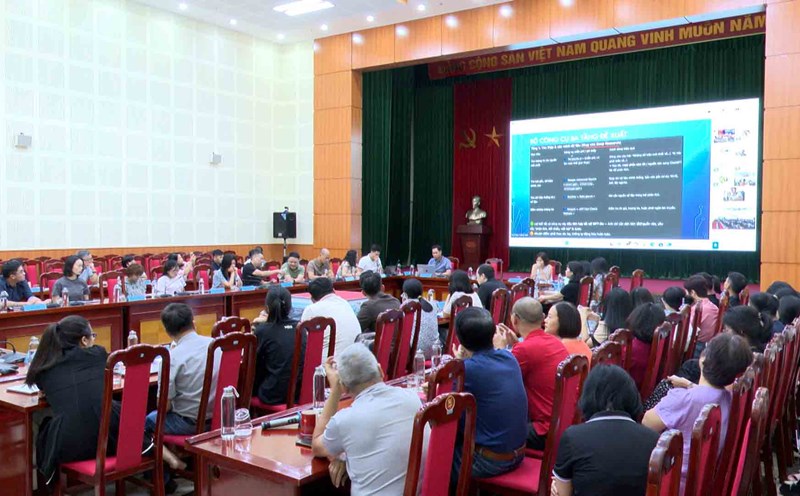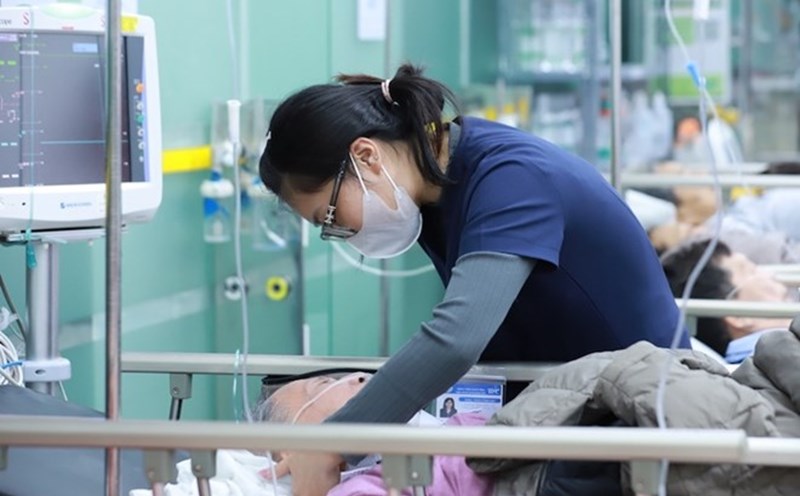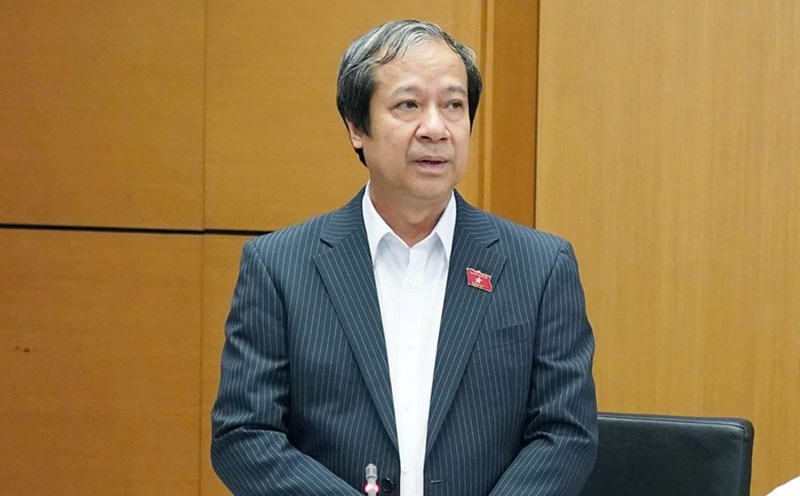Netflix is becoming one of the pioneers of applying generative AI to content production. In the quarterly report released on October 15, the company said it was at a very good time to take advantage of the continuous advances of artificial intelligence.
CEO Ted Sarandos affirmed that Netflix does not use AI as a platform for every film. They consider this a tool to help creators work more effectively. "AI can give creators more powerful tools to enhance the film and television experience for audiences. But if you're not a good storyteller, AI can't help you do that," he said.
The event of OpenAI launching Sora 2 has caused a stir in Hollywood. Sora 2 does not have a barrier to prevent users from creating real actor simulation videos, causing SAG-AFTRA and actor Bryan Cranston to speak up to tighten "deepfake" control.
When asked about Sora's impact on Netflix, Sarandos was calm: "We are not worried that AI will replace human creativity."
Netflix's quarterly revenue reached 11.5 billion USD, up 17% over the same period last year but still lower than the forecast. Despite this result, the company continues to expand AI testing in the production process.
Netflix used AI technology to create the first in the movie "Argentina The Eternut" to simulate the scene of a collapsed building. After that, "Happy Gilmore 2" used AI to rejuvenate the character. "Billionaires" Bunker applied AI in the pre-production stage to create costumes and settings.
Sarandos emphasized: "We believe AI will help tell stories faster, better and more creatively. But Netflix is not chasing the trend just to get the attention".
Meanwhile, many artists and organizations are still concerned that AI tools can negatively affect jobs in the creative industry.
Netflix seems to be choosing a harmonious direction, using AI for special effects and production support, not replacing actors or screenwriters. However, experts warn that even "Backstage AI" can significantly change the job market for effects engineers in the future.









